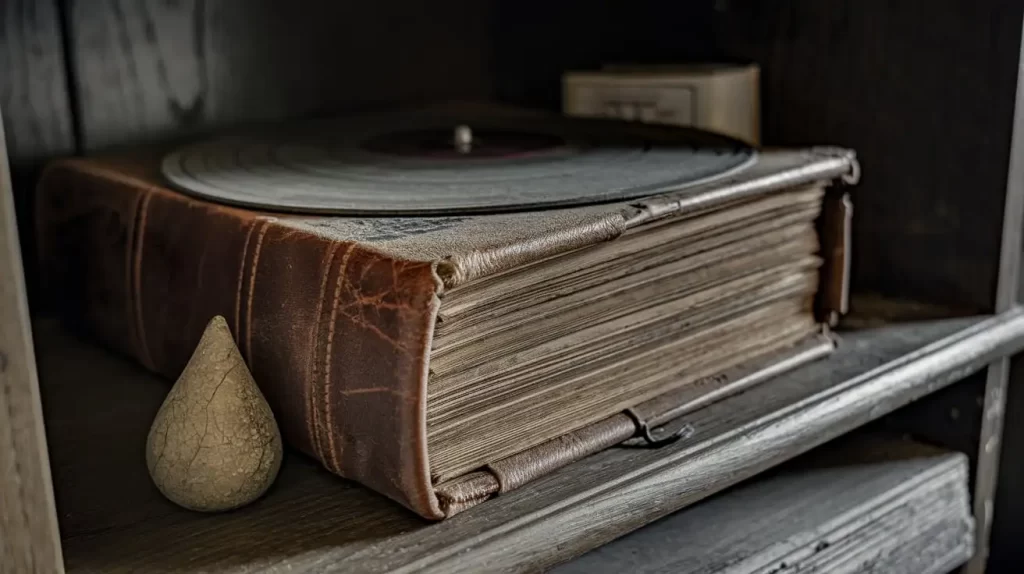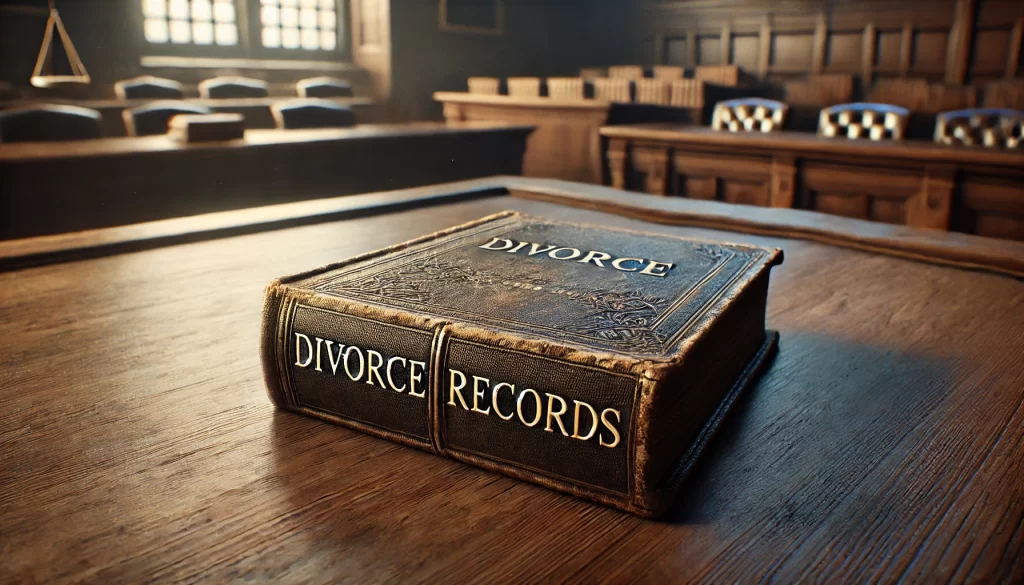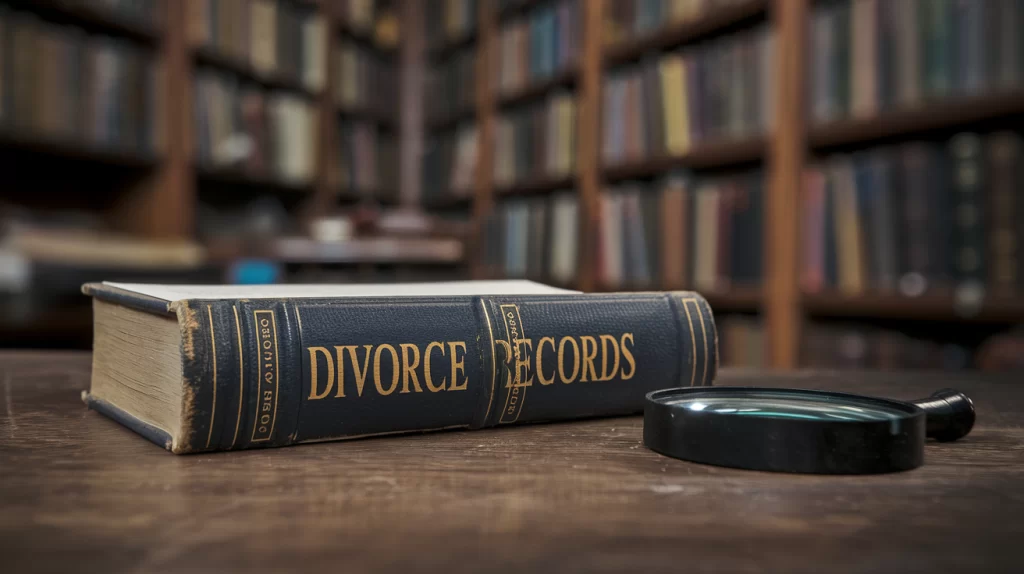Table of Contents
Can You Look Up Divorce Records? Have you ever wondered if you could look up divorce records? Whether you’re curious about someone’s past or need to verify details for legal reasons, accessing these records can reveal surprising secrets. Divorce records are part of public information, but finding them can feel like uncovering hidden treasure. This guide will explore how to look up divorce records and what shocking details you might discover.
Understanding Divorce Records: What Are They?

Divorce records are official documents that record the details of a marriage’s dissolution. These records typically include the parties’ names, the date of the divorce, and sometimes even the reason for the separation. Knowing how to access these records can be valuable, especially if you’re looking into someone’s background or need the information for personal or legal purposes.
Why Would You Want to Look Up Divorce Records?
People seek out divorce records for many reasons. You may be dating someone new and want to know about their past relationships. Or you’re doing genealogical research and need to verify your family history. Divorce records can also be essential for legal matters, such as confirming a person’s marital status. Whatever the reason, knowing how to access these records can provide you with the information you need.
Can You Look Up Divorce Records? How Can You Look Up Divorce Records?
Can You Look Up Divorce Records? Looking up divorce records might seem daunting, but it’s simpler than you think. There are several ways to access this information, depending on where you live and what records you need.
Online Databases
One of the easiest ways to find divorce records is through online databases. Many websites allow you to search public records, including divorces. Some of these services are free, while others may charge a fee for more detailed information. To use an online database, enter the name of the person you’re searching for, and the database will do the rest. This method is quick, convenient, and can be done from the comfort of your home.
County Clerk’s Office
If you prefer a more hands-on approach, visiting the county clerk’s office is another option. The county where the divorce was granted will have records on file. You can request copies of the documents by filling out a request form and paying a small fee. This method might take a bit more time, but it can be worth it for the most accurate and up-to-date information.
State Vital Records Office
Can You Look Up Divorce Records? In some states, divorce records are kept at the state’s vital records office. These offices store records of life events, including marriages and divorces. You can contact the office directly to request copies of divorce records. Remember that there may be restrictions on who can access these records, depending on the state’s laws.
Can You Look Up Divorce Records? What shocking secrets can you uncover?

Divorce records can reveal more than just the fact that a marriage ended. They can provide insight into the reasons behind divorce, financial settlements, and even custody arrangements for children. Here are some surprising details you might discover:
Reasons for Divorce
Some divorce records include information about why the marriage ended. This can range from irreconcilable differences to more specific reasons, like infidelity or financial problems. Understanding the cause of a divorce can give you a clearer picture of someone’s past relationships and decisions.
Financial Settlements
Can You Look Up Divorce Records? Divorce often involves the division of assets, which can be found in the records. You might uncover information about alimony, property division, or debt settlements. These financial details can be revealing, especially if you’re considering a relationship with someone who has been through a divorce.
Custody and Child Support
Can You Look Up Divorce Records? If children were involved in the marriage, divorce records might include information about custody arrangements and child support. This can be crucial information if you’re involved with someone with children from a previous marriage. Knowing the details of their custody agreement can help you understand their commitments and responsibilities.
Is it legal to look up divorce records?
Can You Look Up Divorce Records? Yes, it is legal to look up divorce records in most cases. Since divorce records are part of public records, they are generally accessible to anyone who requests them. However, there are some restrictions. Specific details, like social security numbers or sensitive personal information, may be redacted to protect privacy. It’s also essential to use this information responsibly and respect the privacy of those involved.
Also Read: How Much Does Dog Training Cost? Shocking Facts You Must Know!
How to Protect Your Divorce Records
If you’re concerned about your divorce records being accessed, there are steps you can take to protect your privacy. While you can’t make the records private, you can limit the available information. Here are some tips:
Request Redaction of Sensitive Information
You can request that sensitive information, such as your social security number or financial details, be redacted from the public record. This won’t make the entire record private but can help protect your personal information.
Use a Third-Party Service
Consider using a third-party service to handle the paperwork when filing for divorce. These services sometimes offer more privacy than filing directly with the court. They can help you navigate the legal process while securing your personal information.
Can You Look Up Divorce Records? Yes, and Here’s What You Might Find
Can you look up divorce records? The answer is a resounding yes. You can uncover information about someone’s past with the right tools and knowledge. Divorce records can be valuable if you’re looking into a potential partner’s history, conducting research, or needing legal information. Just remember to use this information responsibly and respect others’ privacy.
Looking up divorce records can reveal shocking secrets, from the reasons behind a breakup to financial settlements and custody arrangements. By understanding how to access these records and what they can reveal, you can make more informed decisions in your personal and professional life. If you’re curious about what you might find, don’t hesitate to explore this valuable resource.



